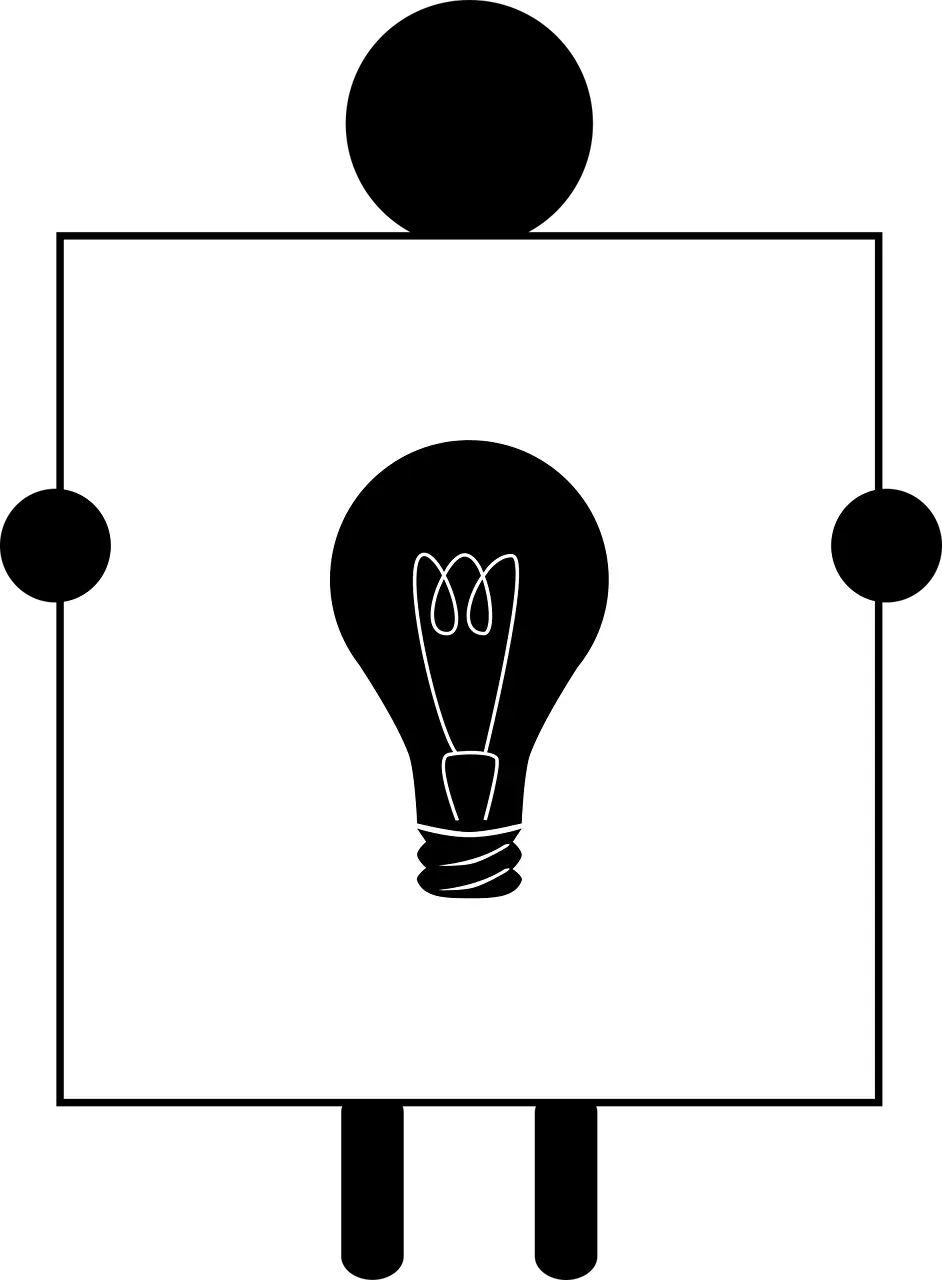In today’s rapidly advancing technological landscape, artificial intelligence (AI) has emerged as a powerful tool with immense potential to transform industries and society as a whole. However, this transformative power comes with ethical, social, and economic challenges. Non-Governmental Organizations (NGOs) are uniquely positioned to play a pivotal role in ensuring that AI is developed and deployed in ways that benefit all of humanity. In this blog post, we will explore how NGOs can contribute to the liberation of AI for the common good.
- Advocating for Ethical AI: NGOs can advocate for the development of AI systems that adhere to strict ethical guidelines, promoting fairness, transparency, and accountability. They can push for the adoption of principles that prioritize the well-being of individuals and communities over profit.
- Educating Stakeholders: NGOs can bridge the knowledge gap by organizing workshops, webinars, and public awareness campaigns. These initiatives help stakeholders, including policymakers and the public, understand AI’s potential and its implications for society.
- Shaping Policies: By engaging with governments and international bodies, NGOs can actively participate in the creation of policies and regulations that govern AI. They can push for legislation that safeguards privacy, addresses bias, and ensures responsible AI development.
- Promoting Inclusivity and Diversity: NGOs can work to make the AI industry more inclusive and diverse by advocating for greater representation of underrepresented groups, both in AI development teams and in the data used to train AI systems.
- Monitoring and Accountability: NGOs can take on the role of watchdogs, monitoring the use of AI in various sectors and advocating for transparency and accountability when AI systems make critical decisions affecting individuals’ lives.
- AI for Social Good: NGOs can collaborate with AI experts to develop AI solutions that address pressing societal challenges, such as healthcare disparities, climate change, and education accessibility.
- Fostering Collaboration: Building partnerships with other NGOs, research institutions, and industry players can amplify the impact of AI liberation efforts. Collaboration can lead to the pooling of resources and expertise for more effective initiatives.
- Public Engagement: Engaging the public in dialogues about AI’s impact on society is crucial. NGOs can conduct surveys, forums, and consultations to gather diverse perspectives and concerns about AI technologies.
- Capacity Building: NGOs can offer training programs and resources to individuals and organizations interested in AI, helping them navigate the complexities of AI development and governance.
- Support and Funding: Seeking financial support from donors and philanthropic organizations can enable NGOs to carry out AI-related projects and initiatives that align with their mission and values.
Conclusion: Non-Governmental Organizations have a vital role to play in ensuring that AI serves the common good, empowers individuals, and contributes to a more equitable and just society. By advocating for ethical AI, educating stakeholders, shaping policies, and fostering collaboration, NGOs can help liberate AI from potential harms and ensure that it benefits humanity as a whole. The future of AI depends on a collective effort, and NGOs are at the forefront of this transformative journey.



